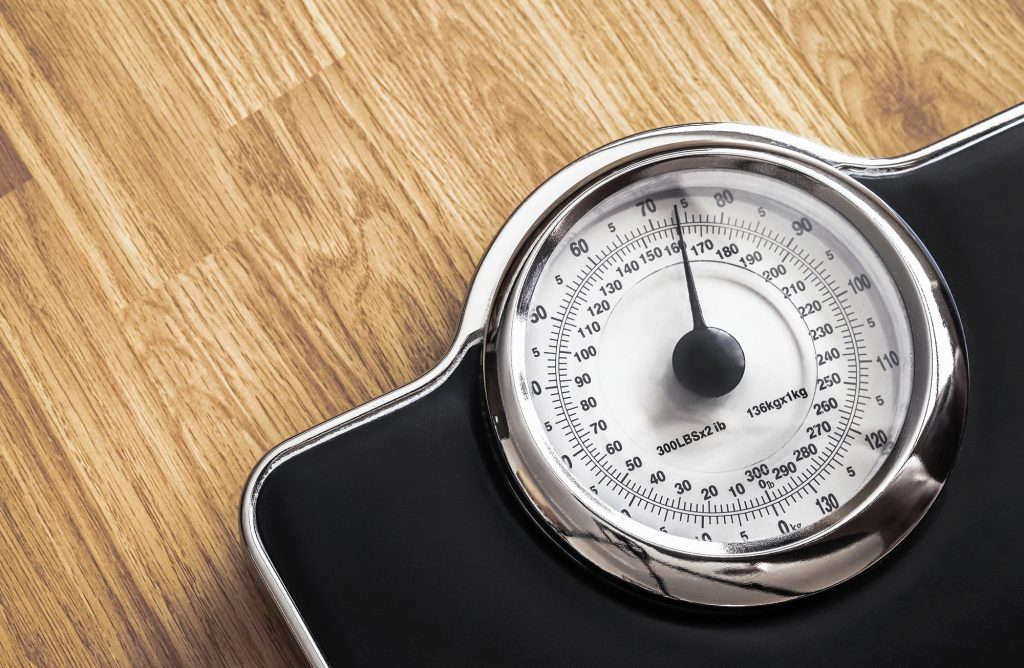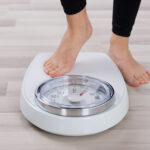
Not sure how much you should weigh?
Nearly half of Americans don’t realize they’re overweight. Poor understanding leads to many people having misconceptions about their weight or body type that may impact their health. With just a little information, you can equip yourself to make changes that could improve your health.
Below, we’re taking a look at how to measure your weight according to your body type. Keep reading and never have to worry “how much should I weigh?” again.
How Much Should I Weigh?
The answer to that question is not that simple, as everyone’s body is slightly different. That’s why we take age, height, sex, and body type into consideration when calculating ideal weight.
For an accurate picture of your ideal weight, you’ll need to measure your height. Taller people are naturally heavier because bone weight accounts for a significant fraction of our total weight. Knowing your height allows you to compare to other people in your height group, giving you a more accurate average.
Why Do I Need to Know?
It’s important to gain an understanding of your weight because it plays a key role in your health. Doctors are pushing public health awareness to cut down on the number of preventable health conditions and relieve stress on healthcare services.
Being within your healthy weight corresponds to a longer lifespan and a lower incidence of disease, especially as you age.
Below, we’ll look at how being over or under your weight can affect you.
Overweight
We’re in the midst of an obesity epidemic. Obesity shortens lives and is one of the leading causes of cancer in the developed world. It can also lead to heart disease, high blood pressure, and increase your risk of a stroke.
Even if you’re not obese, you should try to lose excess weight in a safe way to gain a better quality of life and prevent future health problems. Being overweight can lead to joint issues, shortness of breath, and is a risk factor for diabetes.
If you’re overweight, you need to monitor the calories you eat. You might also need to incorporate more exercise into your day. Being overweight means you consume more calories than you burn, so you need to redress the balance.
Underweight
The dangers of being underweight don’t receive as much media coverage, but they can be just as damaging to the body.
Underweight individuals can suffer from fatigue, compromised immune systems, and bone fragility. Nutritional deficiencies can put a severe strain on your organs.
Being underweight might also suggest you have an underlying condition. This could be a physical ailment or an eating disorder.
If you’re underweight, try gradually adding more nutrition to your diet. Starchy foods like rice and potatoes will help you gain weight, as will additional protein. Consider adding protein shakes to your diet and consuming more fruit and veg.
Your Body Type
Your body type doesn’t change your ideal weight. But it may change the way your body carries weight, and it can also indicate how easily you gain or lose weight.
We can break down the major body types into three groups. Like everything in nature, there’s a sliding scale, so you may fall somewhere between two different types.
Note that your body type is only a starting point for your health. Your diet and level of exercise are far more important to your overall fitness. But certain body types may have to work harder than others to achieve the same result.
Endomorph
Endomorphs are larger framed. They often find it easier to gain weight and may struggle to shift it. Endomorph body types tend to be pear-shaped, with extra weight sitting around the gut, buttocks, and hips. Fit endomorphs make great wrestlers or weight-lifters when in shape.
Ectomorph
Ectomorphs are lean and thin. They may struggle to gain weight or pack on muscle. While a good shape for a long-distance runner, they may have to work harder in the gym to achieve their ideal muscle mass.
Mesomorph
Mesomorphs sit somewhere between the two, with wide shoulders and a narrow waist. They often gain muscle mass easily and don’t retain much fat. Of the three body types, mesomorphs are the ones most likely to find their BMI doesn’t reliably describe them.
BMI
One of the most popular ways for determining weight is through the body-mass index (BMI).
While BMI has received some criticism, there’s still a consensus among medical professionals that it provides realistic results for the vast majority of individuals.
People with a very high proportion of muscle, like professional athletes, are among the very few exceptions. Muscle is more dense than fat, so a muscled individual may be over their BMI without being obese.
For those of us who don’t look like the Marvel movie cast, BMI is a reliable indicator of our healthy weight.
There are plenty of tools online to help you calculate your BMI. You only need to input your details and you’ll instantly receive back your BMI, along with an indication of where you fall on in your category.
A healthy BMI falls in the 18.5 to 24.9 range. If you’re over or under the average, your BMI can provide a sensible goal for your future fitness.
Measure Your Waist
Your BMI and height/weight charts aren’t the only way to discover your healthy weight. Scientists say that measuring your waist could actually serve as a better predictor of health problems than your BMI.
They say our waist should measure less than half of our height. Like BMI, this measurement takes height into account, so it encompasses the many different body types.
Measuring your waist is an accessible way to check your health, and the ratio is easy to remember. The fit of your pants could tell you all you need to know about your level of body fat.
Finding Your Ideal Weight
By keeping the above in mind, you should be able to answer the question “How much should I weigh?”. This can help you construct the right diet and exercise regime to reach a healthy average and avoid medical problems arising from being under or above your ideal weight.
Looking for more advice about weight loss? Be sure to follow our blog.












